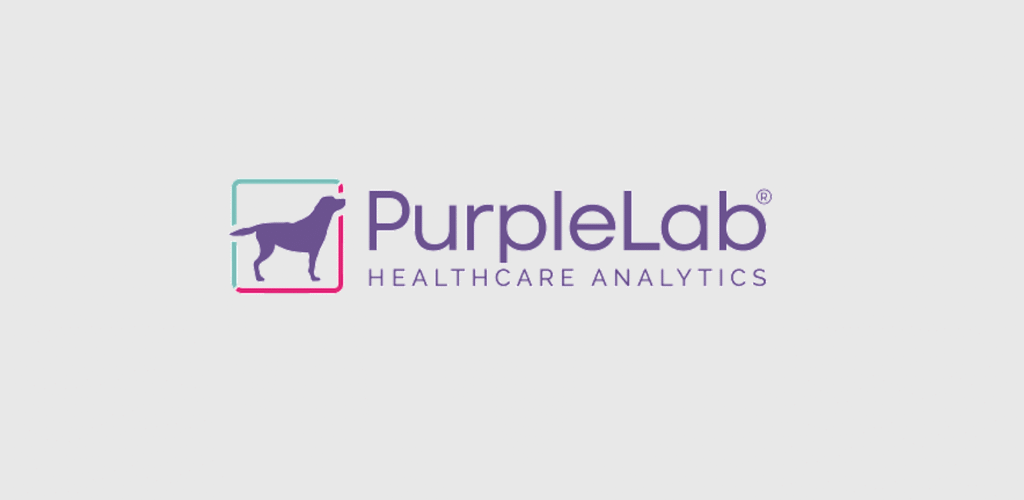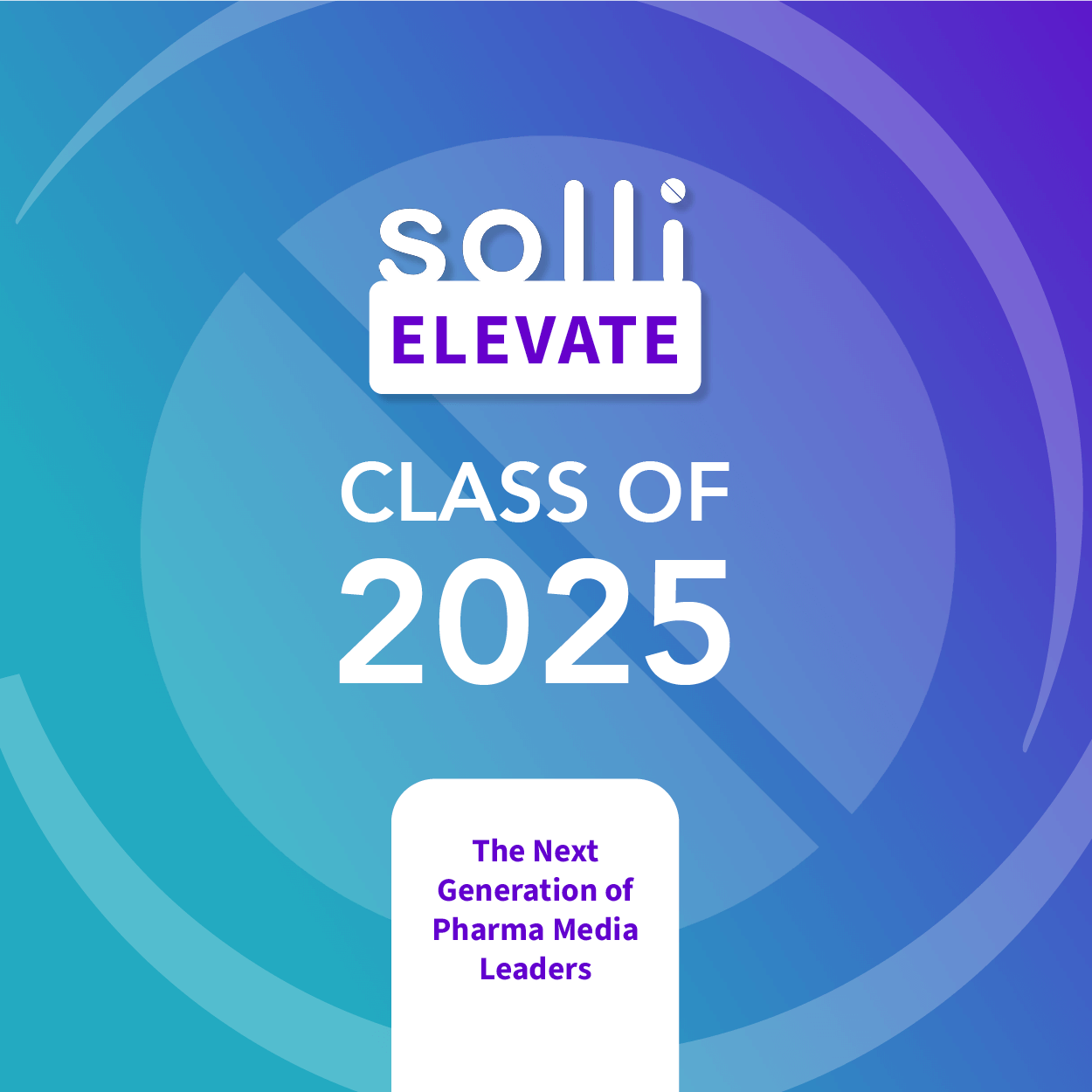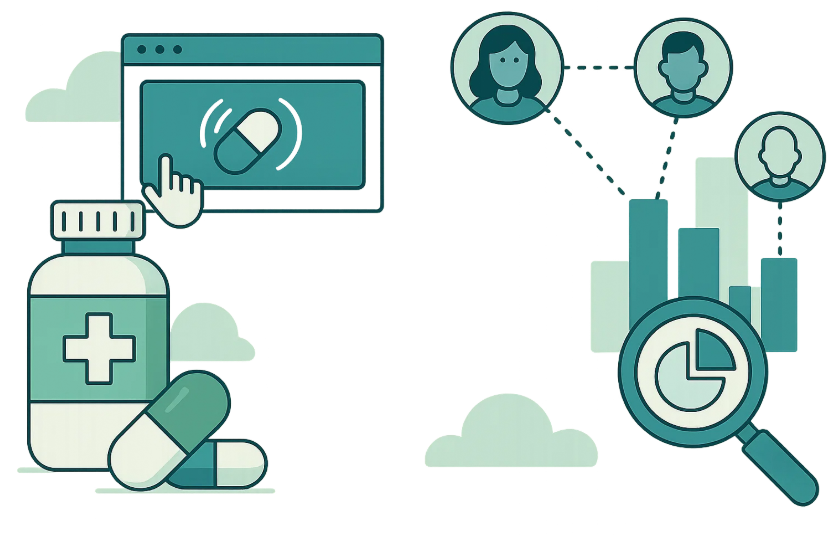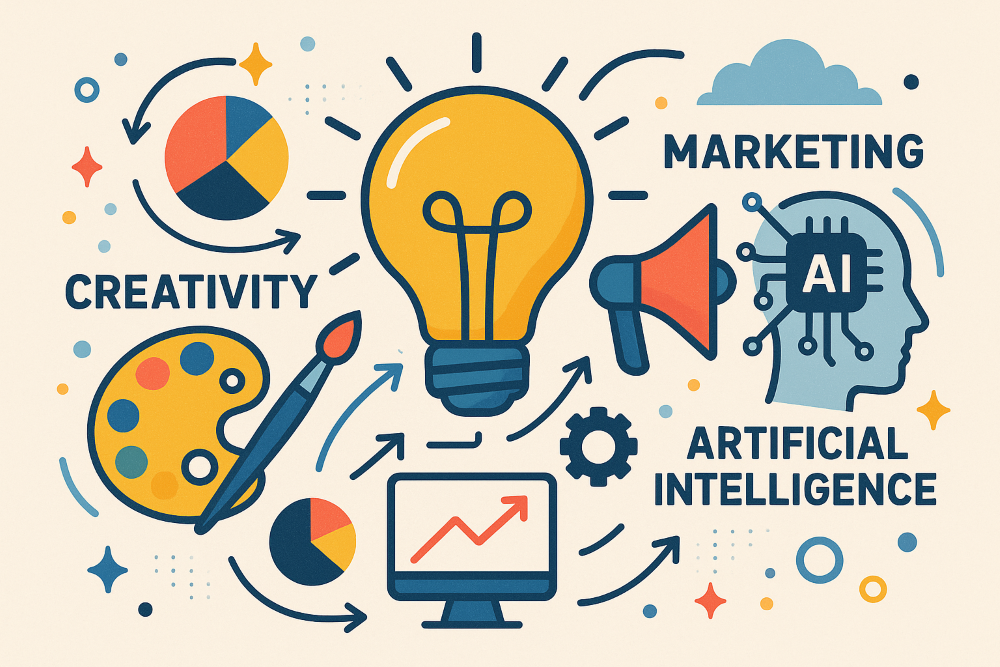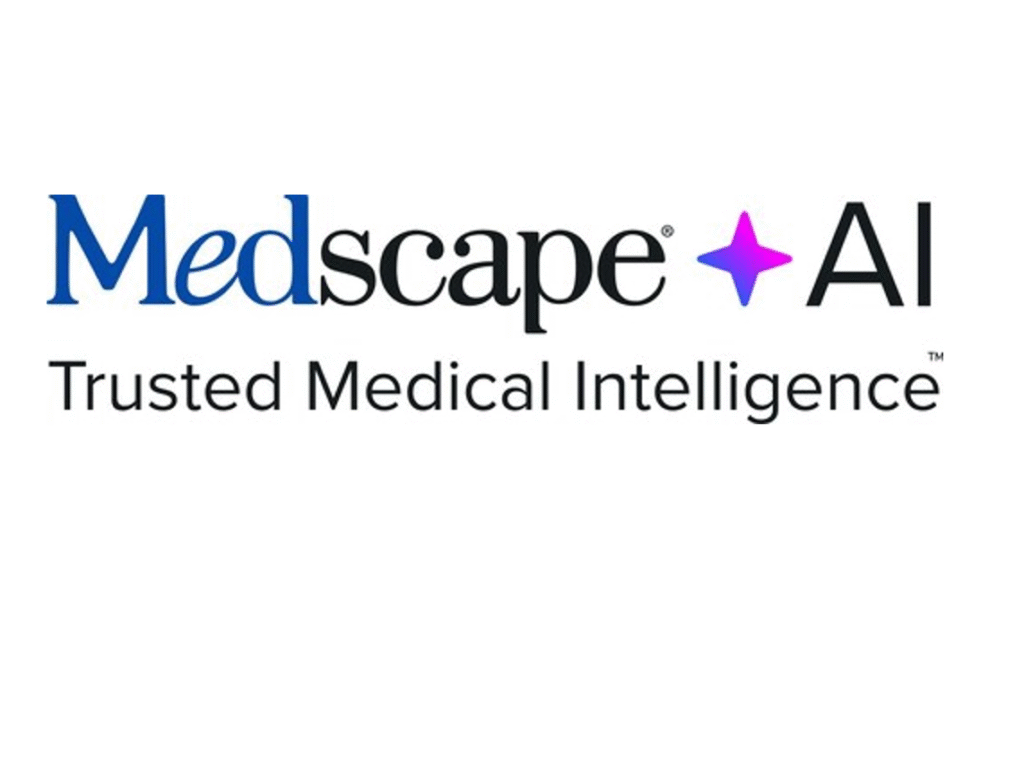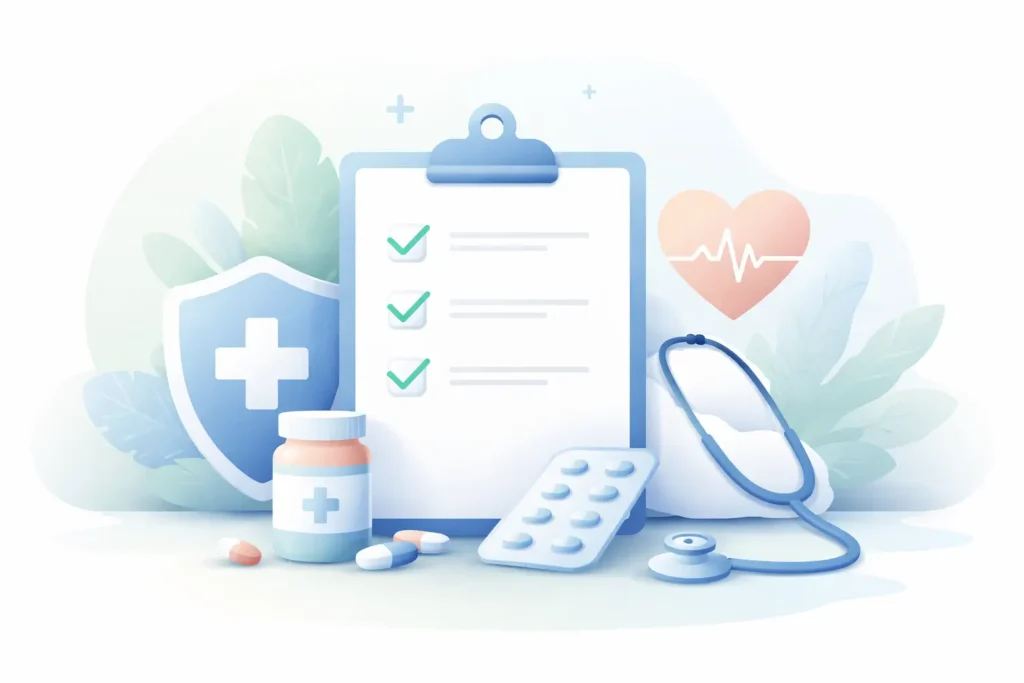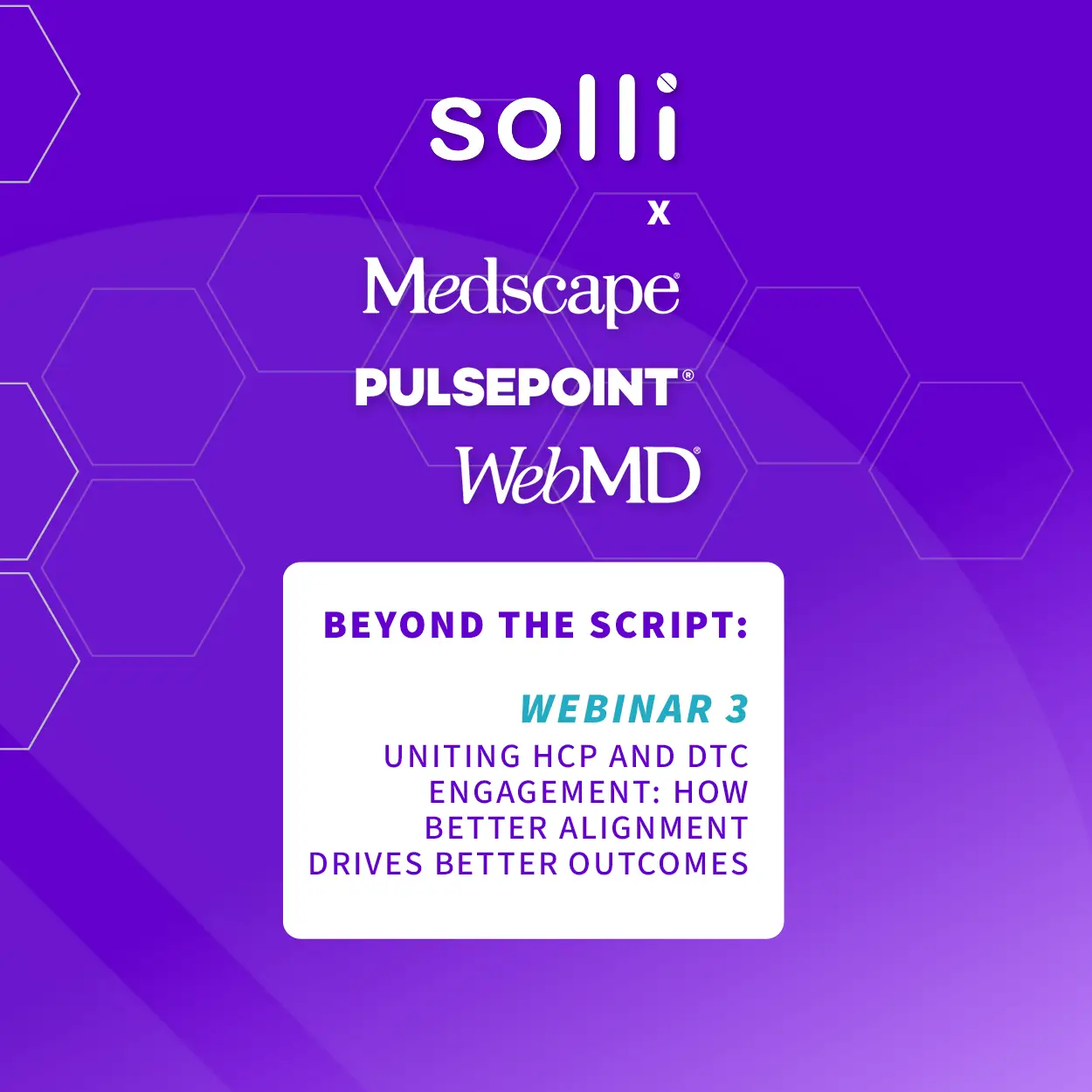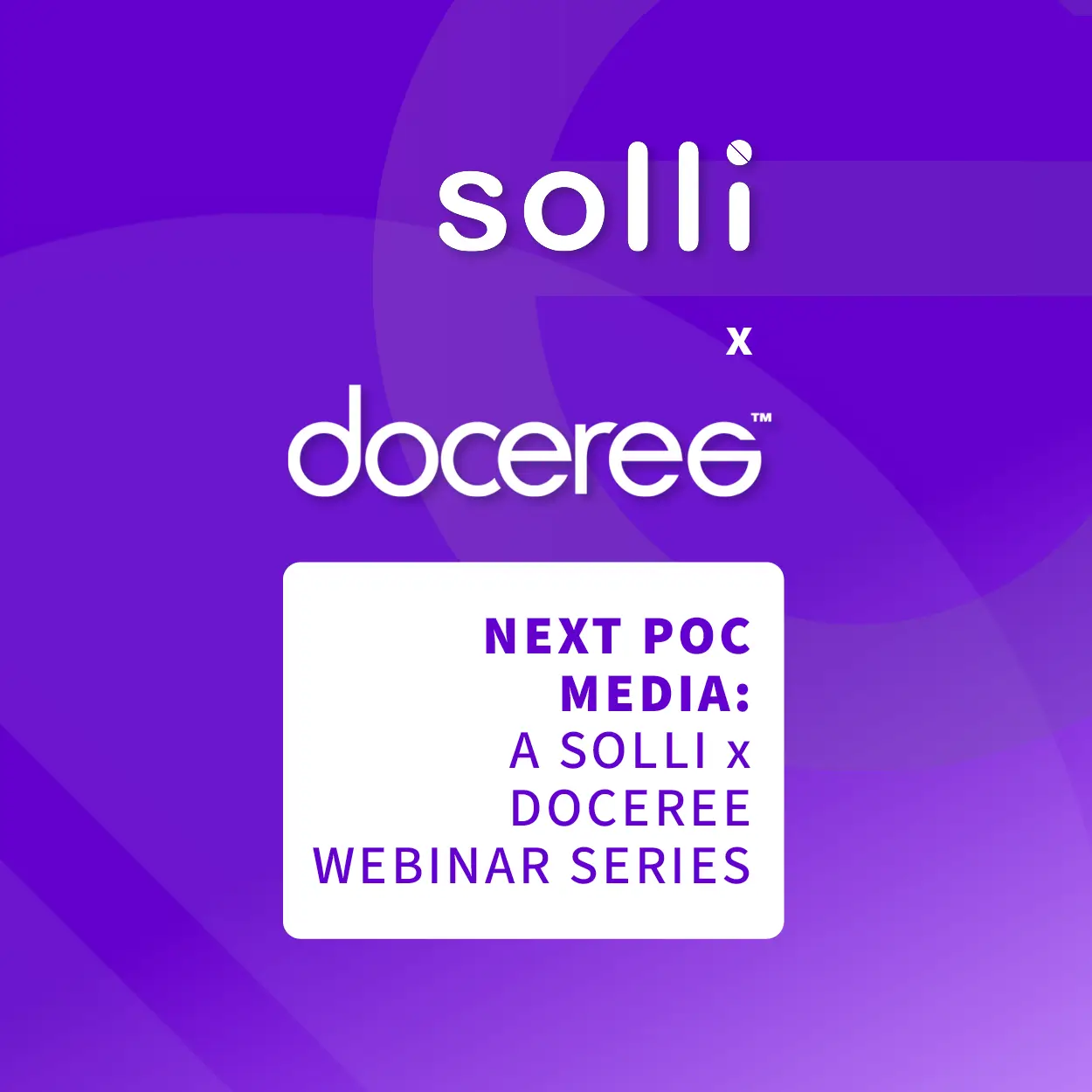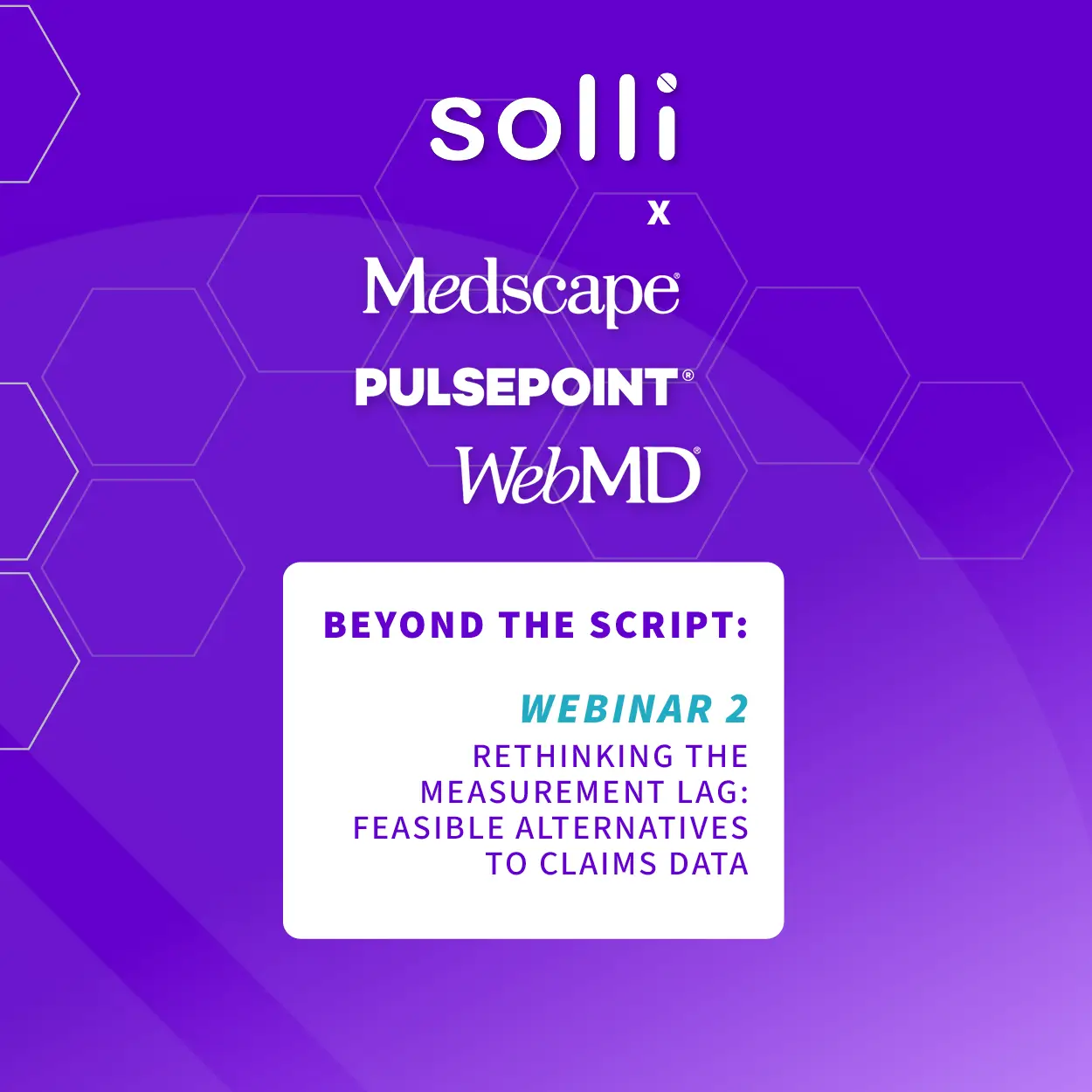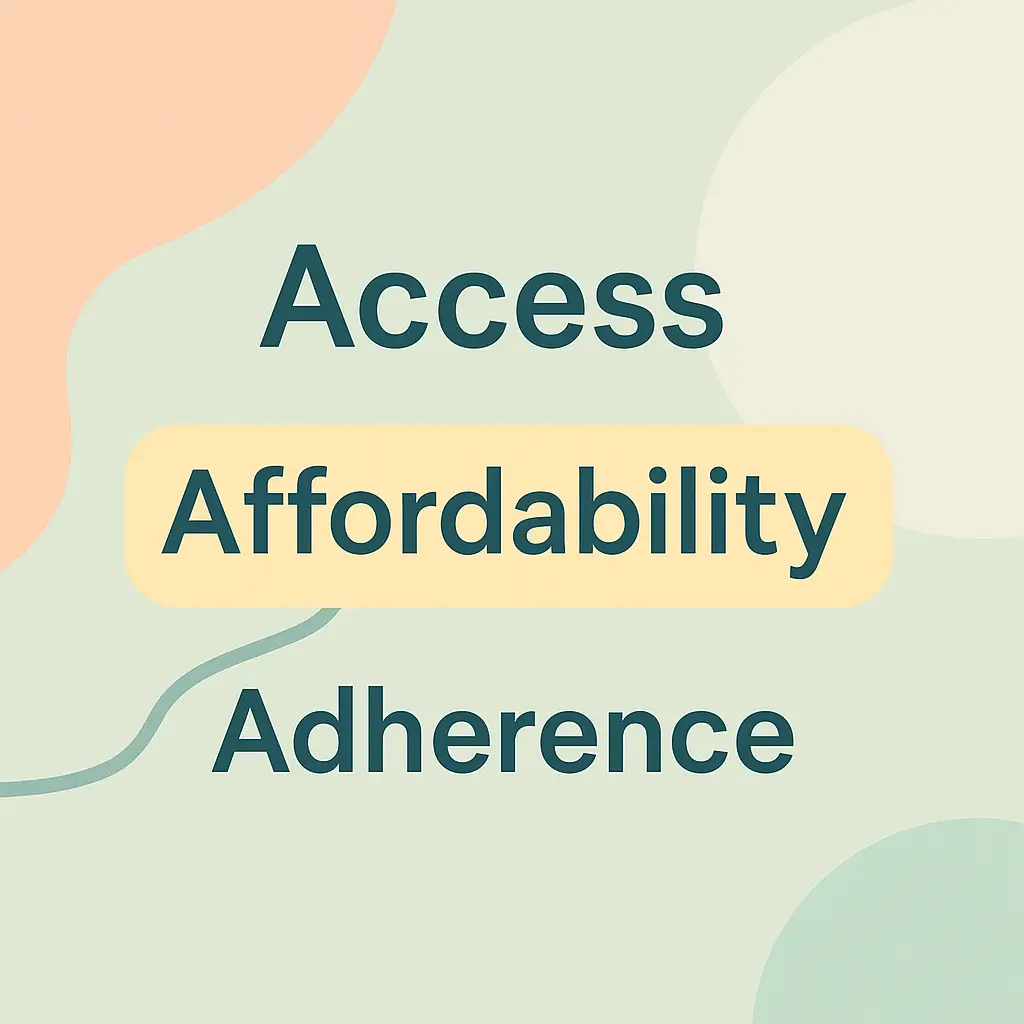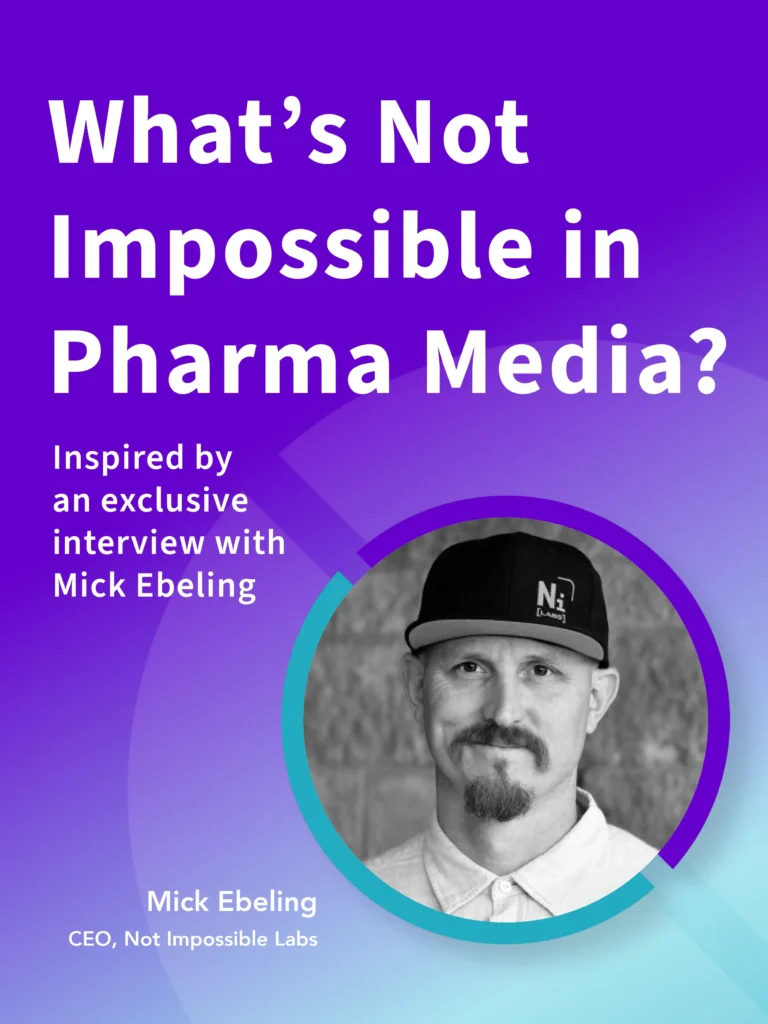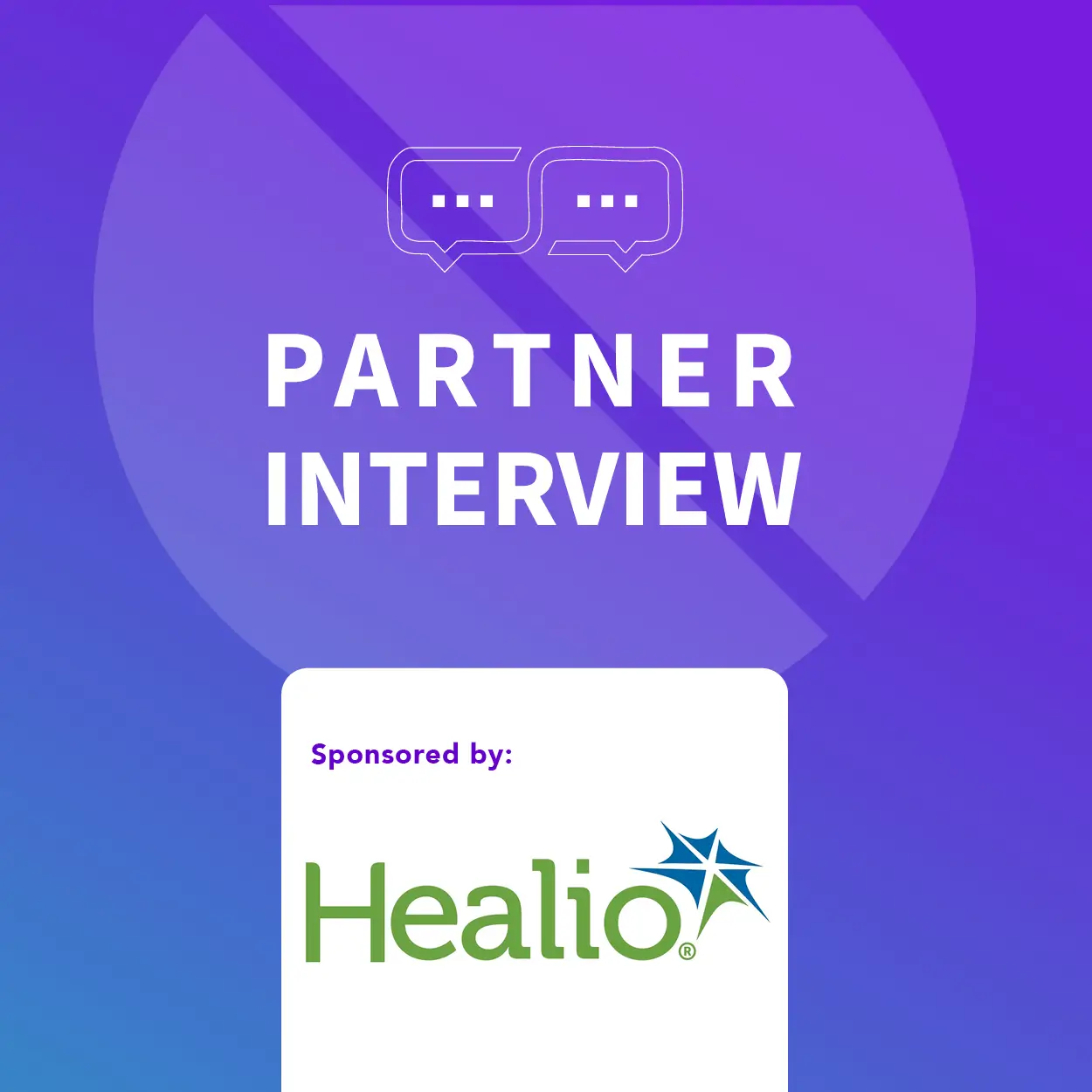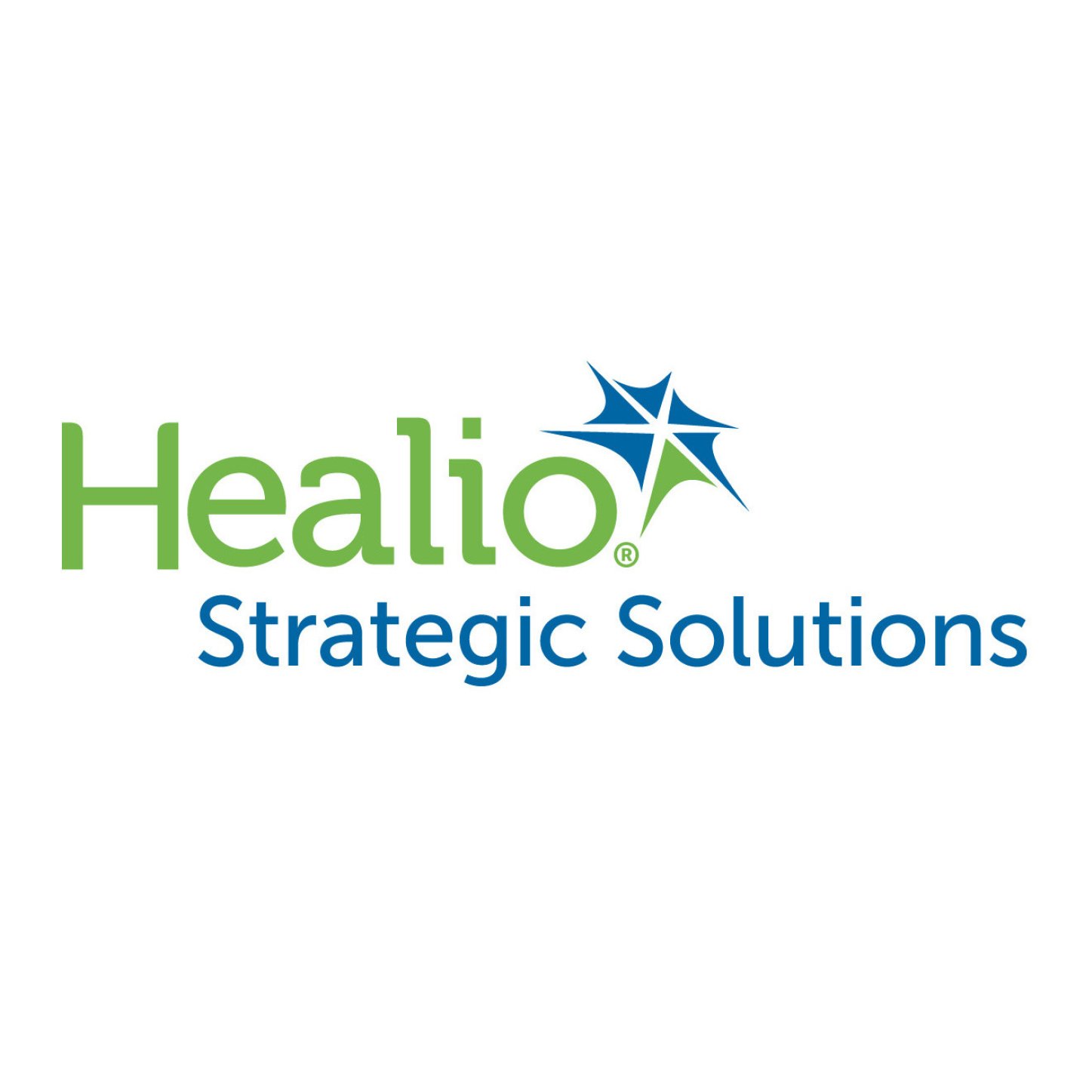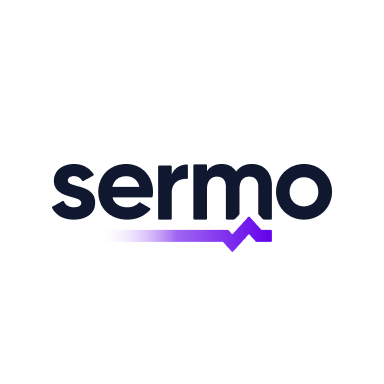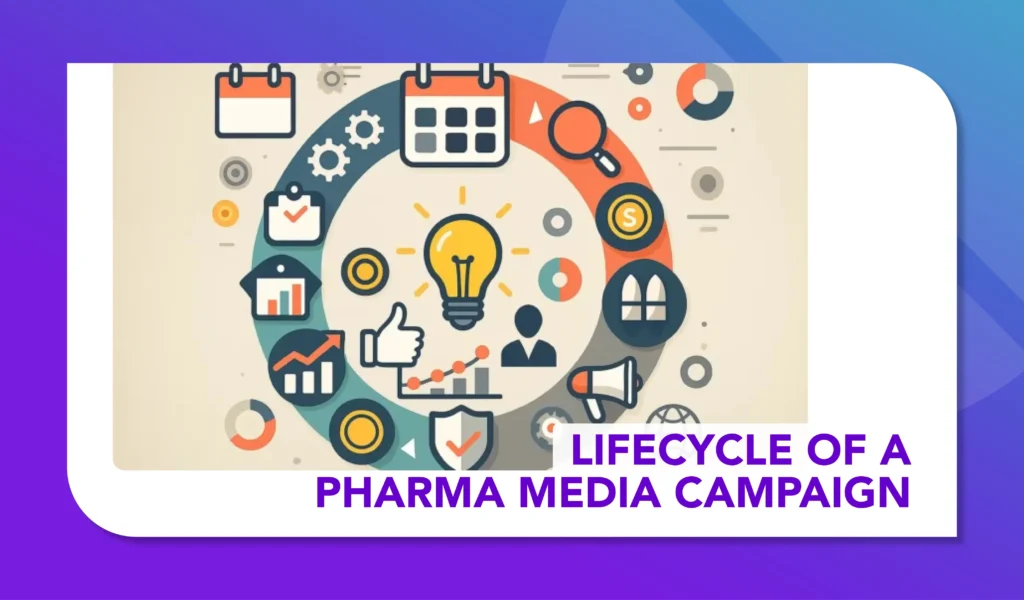Doximity acquires Pathway Medical for US$63 million
How Doximity’s $63M acquisition signals a shift toward trusted, AI-driven intelligence at the point of care
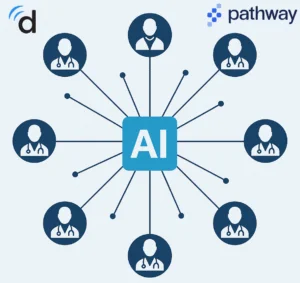
Pharma often spotlights AI’s role in drug discovery or clinical trial design, but this acquisition demonstrates the strengthening of AI as a clinical reference tool—built on extensive curated, peer-reviewed medical data. Pathway’s AI model, scoring 96% on the USMLE benchmark, demonstrates a high standard for accuracy in clinical support tools. This aligns with the accelerating shift covered in the article, AI and the Future of Pharma Marketing, where technology is reshaping point-of-care strategies.
Why Does It Matter?
Pharma marketing teams are adept at crafting educational content—whitepapers, guidelines, slide decks. Doximity’s integration of Pathway seeks to bring real-time, AI-driven answers into doctors’ workflows, delivering insights when and where they’re needed most. It’s one thing to push information; it’s another to look to embed intelligence at the point of care – something we explored in the Next Point of Care Media webinar series.
Pharma communications are often questioned for bias. Here, the value lies in Pathway’s editorial approach: every data snippet tied back to peer-reviewed, English-language medical literature, graded for evidence quality.
What This Means for Pharma Media
Pathway had “hundreds of thousands” of users, with some paying around $300/year for premium access. Now, folded into Doximity—used by over 80% of U.S. physicians – those high-value AI insights become democratized, available at scale virtually for free.
solli’s Final Thoughts
Doximity’s acquisition of Pathway Medical underscores a broader shift in how physicians consume information – and where pharma fits into that ecosystem. As AI becomes a daily companion in clinical decision-making, pharma brands will need to think less about broadcasting and more about embedding – integrating credible, compliant, and contextually relevant insights into the very tools doctors already trust. In a world where time-to-accuracy matters, the winners will be those who meet clinicians at the intersection of need, trust, and speed.
Read the full press release HERE

